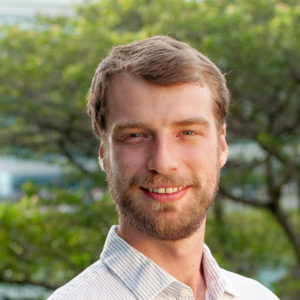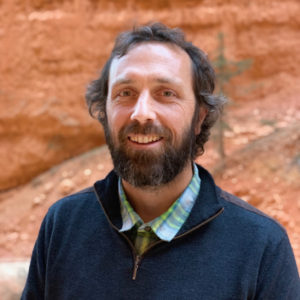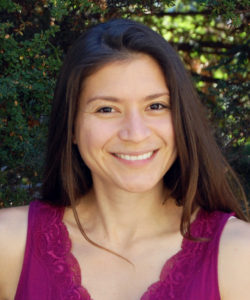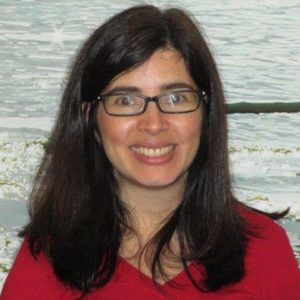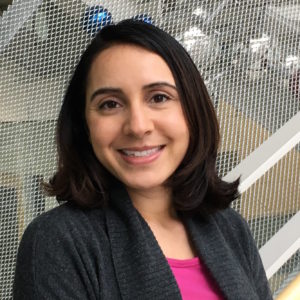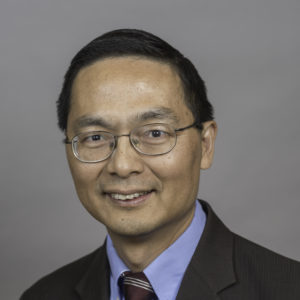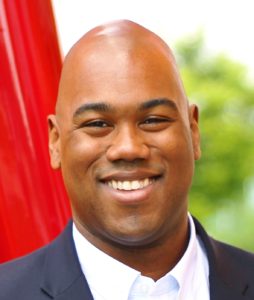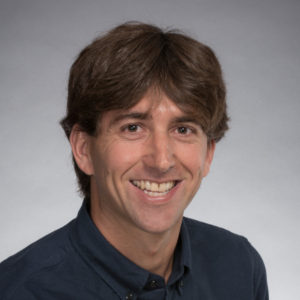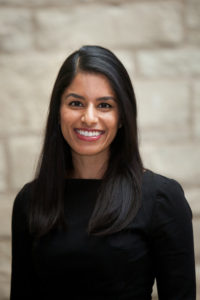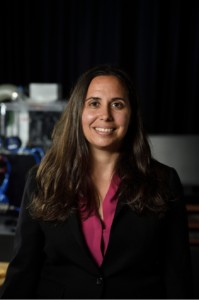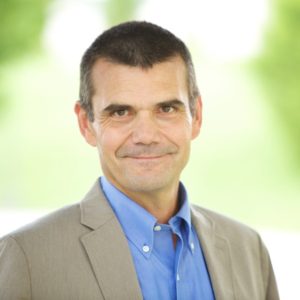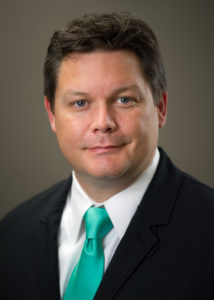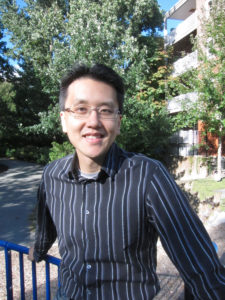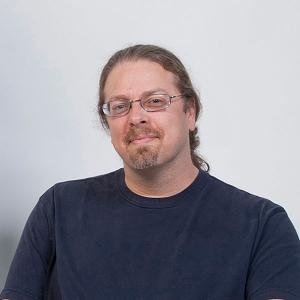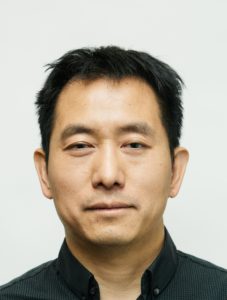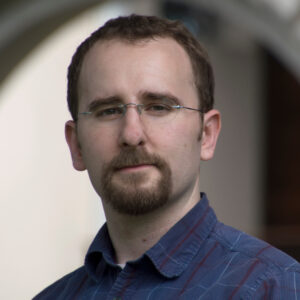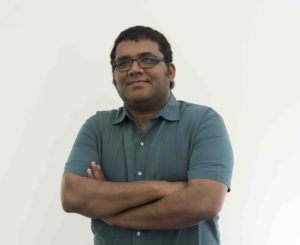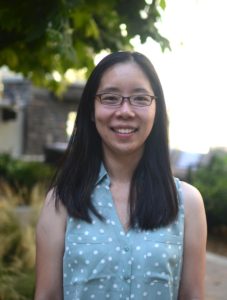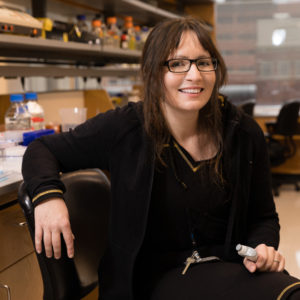Member Directory
-
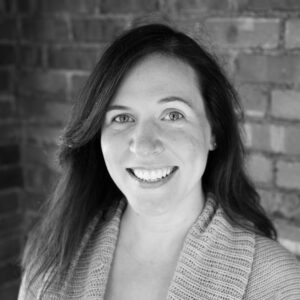
Elizabeth Pitts
Elizabeth A. Pitts is an assistant professor in the University of Pittsburgh’s Composition, Literacy, Pedagogy, and Rhetoric program. She received her PhD in Communication, Rhetoric, and Digital Media from North Carolina State University with a minor in Genetic Engineering and Society, and she also holds a BA and MA in English from Georgetown University.
Elizabeth’s research blends rhetorical theory, organizational studies, and science studies to examine how technologies influence the nature of professional work and professional identity. Her current book project offers insights into a movement to make the coding of DNA as pervasive as the coding of software. By drawing parallels between the composition of genetically engineered organisms and the composition of persuasive speech and writing, the book facilitates humanistic inquiry into the material practices undertaken in laboratories.
Elizabeth enjoys interdisciplinary collaboration and has co-authored with geneticists, ecologists, and policy scholars. Her work is informed by her decade of experience as a professional writer and speechwriter at the White House, the US Department of Education, and the Pew Charitable Trusts.
